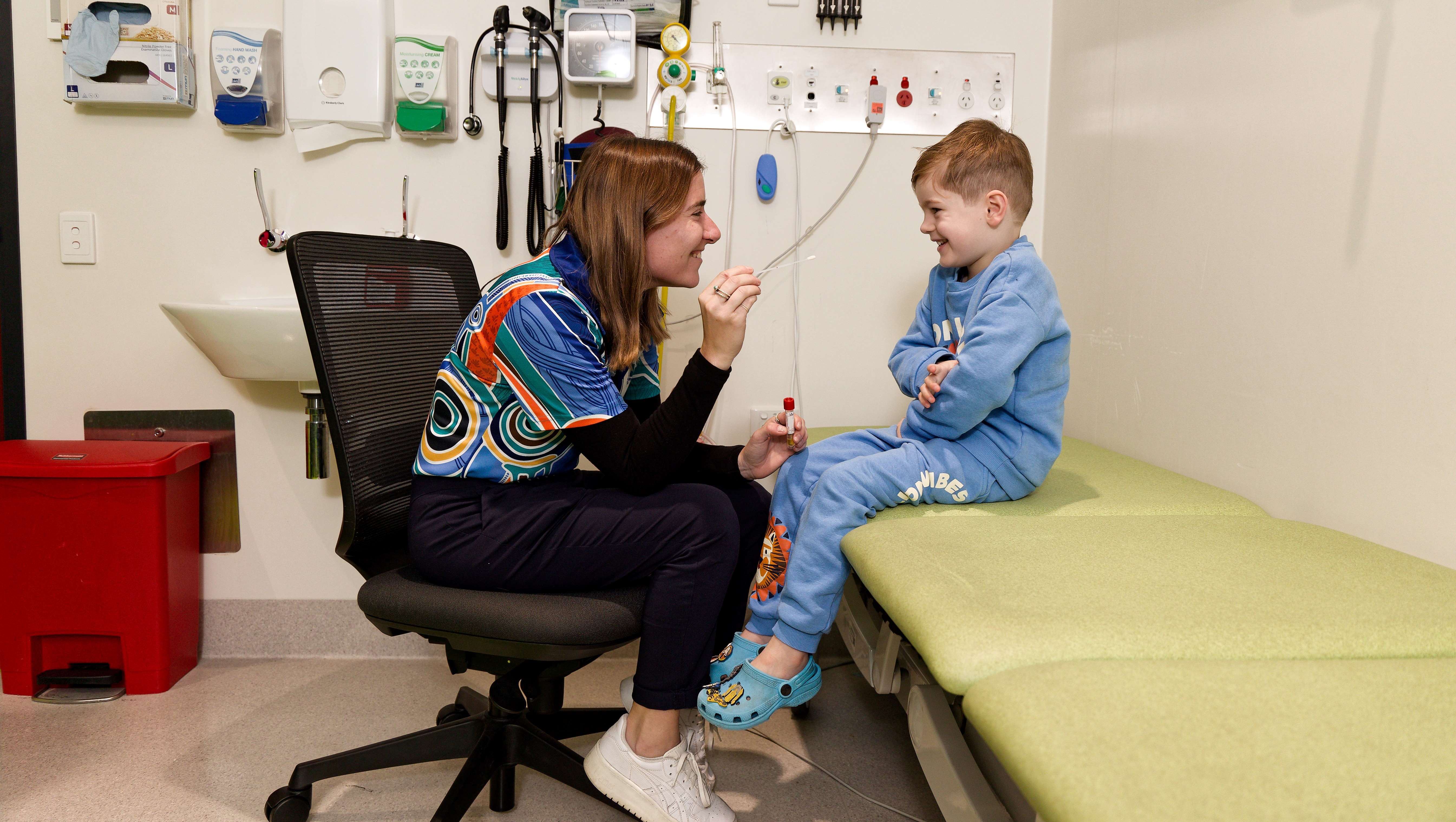Search

Join us for stories, imagination and connection in the Discovery Centre

Get ready for a week of mind-blowing fun as the Discovery Centre comes alive for National Science Week with this year’s exciting theme: Decoding the Universe!

A powerful screening of truth telling that captures the stories of the Western Australia Stolen Generation.
At the Wesfarmers Centre, we undertake research in five key areas of infections and immunisation to assist in children's health.

Researchers from The Kids Research Institute Australia would like to understand more about respiratory syncytial virus (RSV) and how we can provide the best protection for kids.
Review the hospital-based research that the Wesfamers Centre of Vaccines & Infectious Diseases conducts.
We are evaluating new vaccines for a range of diseases including influenza, pneumococcal, meningococcal and common infections such as otitis media (glue ear).
Vaccine Trials Group with Sir Charles Gairdner Hospital is conducting a trial of a vaccine against Clostridium difficile infection (CDI) in at-risk individuals.
The study aims to determine whether an RSV vaccine given to pregnant women during the third trimester can protect newborn babies from RSV infections.
The aim of the study is the early identification of problems with the current flu vaccines, and providing parents and professionals with up to date information.
